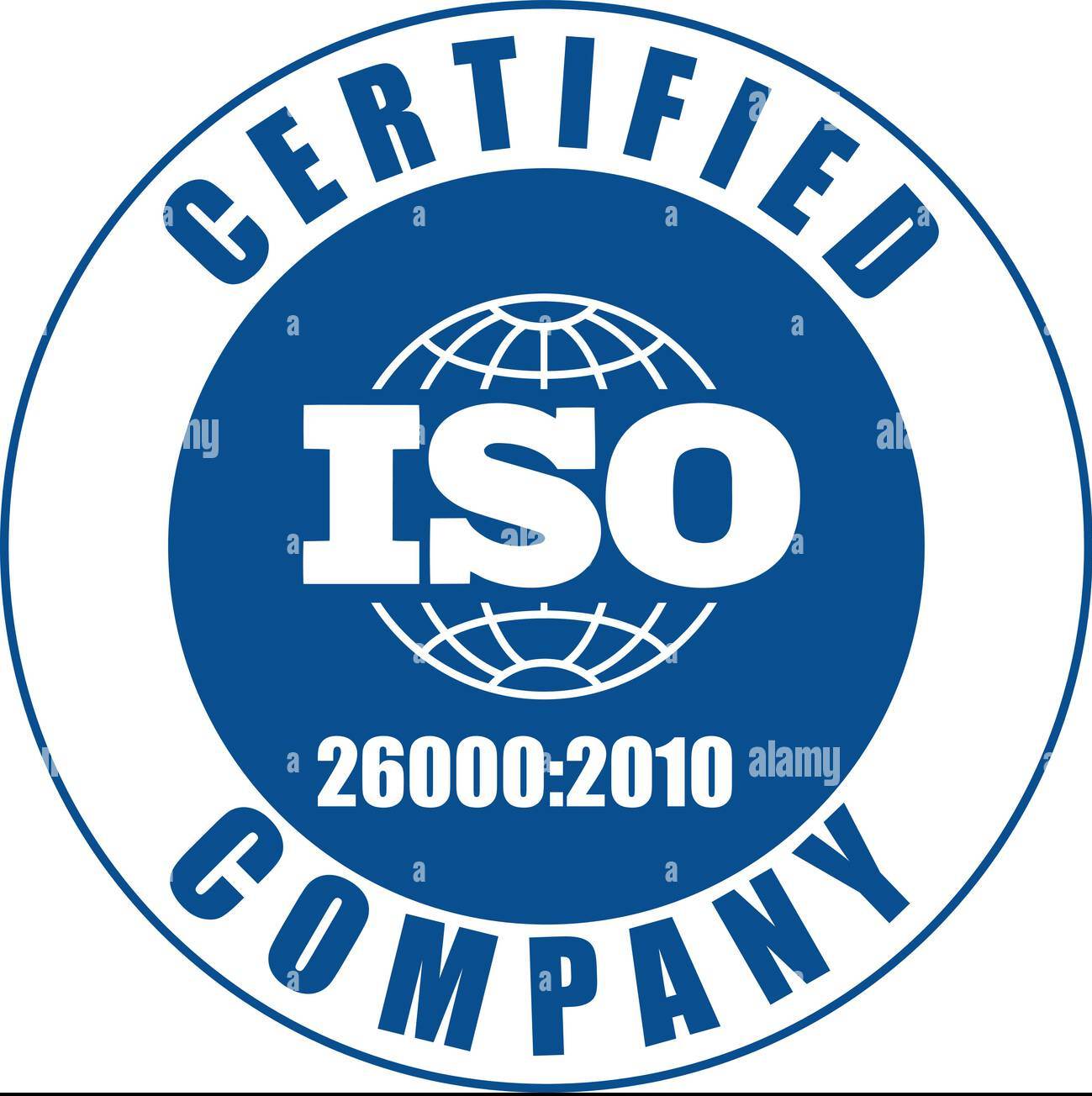ISO 26000 - Social Responsibility
ISO 26000 is an international standard that provides guidelines for organizations to operate in a socially responsible way. It's also known as "Guidance on Social Responsibility."
Key Objectives:
- Promote social responsibility practices.
- Encourage organizations to consider social and environmental impacts.
- Support sustainable development.
Main Principles:
- Accountability
- Transparency
- Ethical behavior
- Respect for stakeholder interests
- Respect for the rule of law
- Respect for international norms of behavior
- Respect for human rights

Core Subjects:
- Organizational governance
- Human rights
- Labor practices
- Environment
- Fair operating practices
- Consumer issues
- Community involvement and development
Benefits:
- Enhanced reputation and credibility
- Improved stakeholder relationships
- Increased customer loyalty
- Better risk management
- Compliance with regulations
- Contribution to sustainable development
Applicable to:
- All organizations, regardless of size or industry
- Public and private sector organizations
- Small and medium-sized enterprises (SMEs)
Certification:
ISO 26000 is not eligible for certification, as it's a guidance standard. However, organizations can:
- Conduct self-assessments
- Obtain external verification (e.g., audits)
- Use ISO 26000 as a framework for reporting
Relationship with other standards:
ISO 26000 is closely related to:
- ISO 9001 (Quality Management)
- ISO 14001 (Environmental Management)
- ISO 45001 (Occupational Health and Safety)
- UN Sustainable Development Goals (SDGs)
By adopting ISO 26000, organizations demonstrate their commitment to social responsibility, sustainability, and ethical practices.
Implementation Steps:
- Establish a social responsibility policy
- Conduct stakeholder engagement
- Identify and prioritize core subjects
- Develop an action plan
- Implement social responsibility practices
- Monitor and report progress
